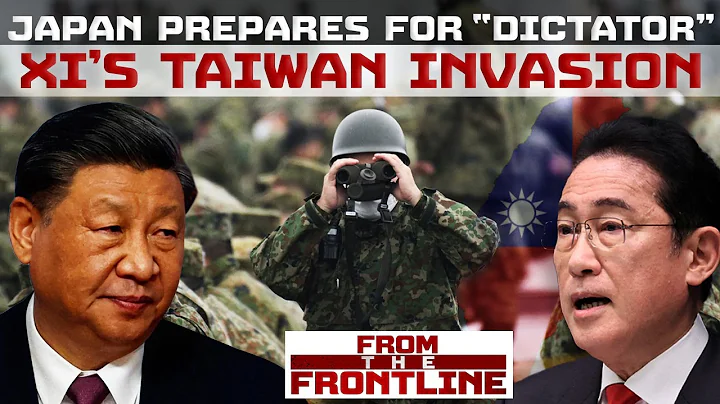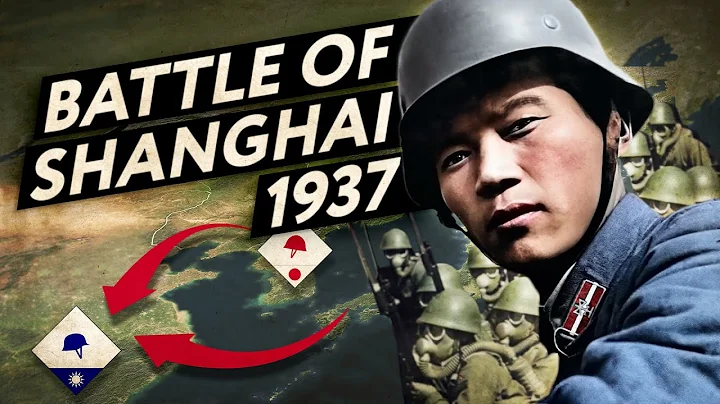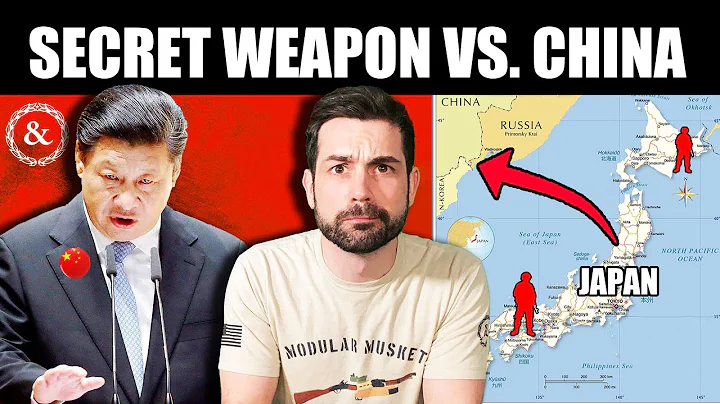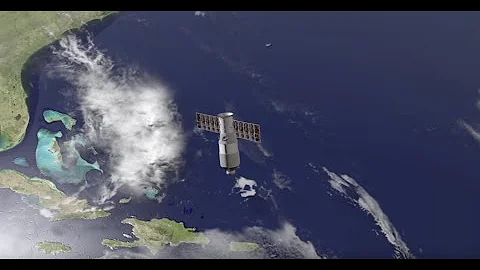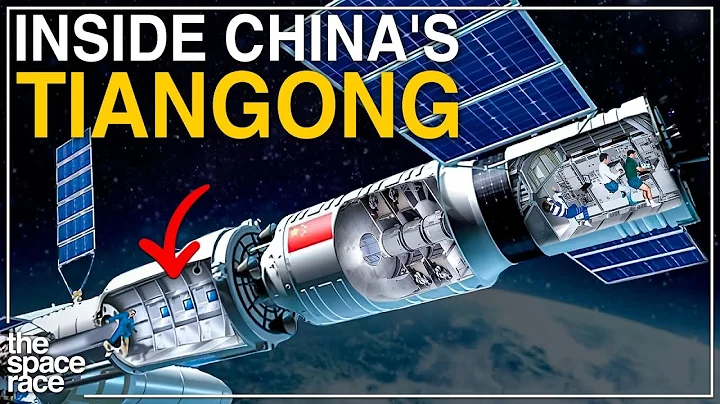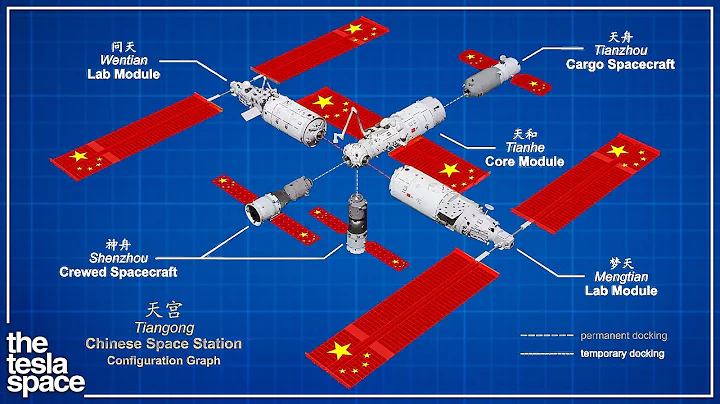文\Su Xiangyang
二
Wise and brave, famous in Jiangsu and Zhejiang
After joining the anti-Japanese front line, Su Yu mainly fought against the enemy in Jiangsu and Zhejiang provinces. Jiangsu and Zhejiang provinces are located in eastern China and are the most populous regions in China. They are wealthy regions with convenient transportation, fertile land, developed economy and high cultural level. If this area falls completely into the hands of the Japanese army, it can just make up for the natural shortcomings of the Japanese island nation and become the most important base for Japan to destroy China. It is a major responsibility of the New Fourth Army to quickly open up a new situation in the war of resistance in this important area. Su Yu came to Jiangsu and was ordered to lead an advance team to reconnoiter the enemy's situation. After completing the reconnaissance mission and the advance team had not returned to the army, he launched an attack on the Japanese army in Zhenjiang City, Zhenjiang.

(1) Battle of Wei Gang
In June 1938, Su Yu took the lead in dispatching a detachment and a reinforced company to ambush the Japanese army in Weigan, Zhenjiang City and won, breaking the myth that the Japanese army was invincible. Then he went to the Third War Zone to teach the Kuomintang officers and discuss guerrilla tactics.
The Battle of Wei Gang was a typical ambush battle in guerrilla warfare . It was the first practice of Suyu's guerrilla tactics in the Anti-Japanese War . The actual combat results proved that Suyu's guerrilla tactics were scientific and effective in fighting Japan.
The Battle of Wei Gang was the first battle of the New Fourth Army entering enemy lines in southern Jiangsu, and it was therefore also a political battle. This battle inspired the anti-Japanese fighting spirit of the soldiers and civilians in southern Jiangsu and expanded the influence of the New Fourth Army. It was at the beginning of the formation of the New Fourth Army, and many people did not know enough about going deep behind enemy lines and had doubts. After the Battle of Wei Gang, the New Fourth Army in Southern Jiangsu was inspired and full of confidence in victory. After the battle of Wei Gang, Su Yu led his troops to proactively attack the Japanese army, while also fighting and containing tens of thousands of Wang Jingwei puppet troops.
(2) Trojan Horse Strategy
During the Anti-Japanese War, more than 2 million puppet troops in China were under the command of the Japanese army. It can be said that this is an unbearable period of history in our country's history. Let me introduce the source of the puppet army here. 1. The puppet army is composed of national scum and traitors headed by Wang Jingwei; 2. The political puppet army is the former Kuomintang army that saved the country; 3. The economic puppet army is the puppet army composed of lower-class civilians who are trying to make a living.
The New Fourth Army led by Su Yu implemented an iron-fist policy against the puppet troops in the early days and carried out severe military strikes. However, as the situation developed, a combination of military and political struggle methods was later adopted. In 1942, a Trojan horse strategy was also used, which dealt a heavy blow to the puppet army.
This year, the pseudo-Governor of Jiangsu Li Shiqun sent a special envoy Jiang Songping to the gray-faced local army Tang Jingyan to extend his hand to induce surrender. The gray aspect means that this unit is in a neutral state, neither surrendering to nor offending the Communist Party, the Kuomintang, or the Japanese army.
Although Li Shiqun, the pseudo-governor of Jiangsu Province, is the governor of a province, he has no power. Not to mention Li Shiqun, even Wang Jingwei said that "orders cannot leave Nanjing". Li Shiqun was a spy by trade, had few people under his command, and was not worthy of his title as provincial governor. But he was ambitious and wanted to dominate the country with troops and become independent from the Japanese army, the Communist Party, and the Kuomintang in the future. So he instructed Jiang Songping to openly use the excuse of "unified organizational structure in Qingxiang area" to organize the Puppet Seventh Division and some local self-defense regiments into the "Qingxiang Police Brigade" under his banner.
But what Li Shiqun didn't know was that Tang Jingyan This armed force was actually led by the New Fourth Army. The reason why it existed in gray was to avoid military and political attacks by the Japanese puppets and the anti-communist Kuomintang army. As soon as Jiang Songping came into contact with Tang Jingyan, Tang Jingyan reported to the leaders of the fourth district, Tao Yong and Ji Luo. Tao Yong and Ji Luo immediately reported the situation to Su Yu. The ancient Greeks used a Trojan horse tactic to break through the city of Troy. Now Su Yu decided to use a Trojan horse tactic to cooperate with the four divisions to win the anti-"Qingxiang" victory: Let Tang Jingyan pretend to surrender to the puppet troops, not only to avoid the Japanese army's crazy suppression, but also to take the opportunity to attack the puppet army. The army asked for supplies.
After approval by the Military Ministry and the Central China Bureau, Su Yu further improved the plan. In order to be sure, Su Yu personally talked to Tang Jingyan to dispel his concerns; at the same time, he strengthened his strength and transferred some unsuitable personnel.
文\Su Xiangyang
二
Wise and brave, famous in Jiangsu and Zhejiang
After joining the anti-Japanese front line, Su Yu mainly fought against the enemy in Jiangsu and Zhejiang provinces. Jiangsu and Zhejiang provinces are located in eastern China and are the most populous regions in China. They are wealthy regions with convenient transportation, fertile land, developed economy and high cultural level. If this area falls completely into the hands of the Japanese army, it can just make up for the natural shortcomings of the Japanese island nation and become the most important base for Japan to destroy China. It is a major responsibility of the New Fourth Army to quickly open up a new situation in the war of resistance in this important area. Su Yu came to Jiangsu and was ordered to lead an advance team to reconnoiter the enemy's situation. After completing the reconnaissance mission and the advance team had not returned to the army, he launched an attack on the Japanese army in Zhenjiang City, Zhenjiang.

(1) Battle of Wei Gang
In June 1938, Su Yu took the lead in dispatching a detachment and a reinforced company to ambush the Japanese army in Weigan, Zhenjiang City and won, breaking the myth that the Japanese army was invincible. Then he went to the Third War Zone to teach the Kuomintang officers and discuss guerrilla tactics.
The Battle of Wei Gang was a typical ambush battle in guerrilla warfare . It was the first practice of Suyu's guerrilla tactics in the Anti-Japanese War . The actual combat results proved that Suyu's guerrilla tactics were scientific and effective in fighting Japan.
The Battle of Wei Gang was the first battle of the New Fourth Army entering enemy lines in southern Jiangsu, and it was therefore also a political battle. This battle inspired the anti-Japanese fighting spirit of the soldiers and civilians in southern Jiangsu and expanded the influence of the New Fourth Army. It was at the beginning of the formation of the New Fourth Army, and many people did not know enough about going deep behind enemy lines and had doubts. After the Battle of Wei Gang, the New Fourth Army in Southern Jiangsu was inspired and full of confidence in victory. After the battle of Wei Gang, Su Yu led his troops to proactively attack the Japanese army, while also fighting and containing tens of thousands of Wang Jingwei puppet troops.
(2) Trojan Horse Strategy
During the Anti-Japanese War, more than 2 million puppet troops in China were under the command of the Japanese army. It can be said that this is an unbearable period of history in our country's history. Let me introduce the source of the puppet army here. 1. The puppet army is composed of national scum and traitors headed by Wang Jingwei; 2. The political puppet army is the former Kuomintang army that saved the country; 3. The economic puppet army is the puppet army composed of lower-class civilians who are trying to make a living.
The New Fourth Army led by Su Yu implemented an iron-fist policy against the puppet troops in the early days and carried out severe military strikes. However, as the situation developed, a combination of military and political struggle methods was later adopted. In 1942, a Trojan horse strategy was also used, which dealt a heavy blow to the puppet army.
This year, the pseudo-Governor of Jiangsu Li Shiqun sent a special envoy Jiang Songping to the gray-faced local army Tang Jingyan to extend his hand to induce surrender. The gray aspect means that this unit is in a neutral state, neither surrendering to nor offending the Communist Party, the Kuomintang, or the Japanese army.
Although Li Shiqun, the pseudo-governor of Jiangsu Province, is the governor of a province, he has no power. Not to mention Li Shiqun, even Wang Jingwei said that "orders cannot leave Nanjing". Li Shiqun was a spy by trade, had few people under his command, and was not worthy of his title as provincial governor. But he was ambitious and wanted to dominate the country with troops and become independent from the Japanese army, the Communist Party, and the Kuomintang in the future. So he instructed Jiang Songping to openly use the excuse of "unified organizational structure in Qingxiang area" to organize the Puppet Seventh Division and some local self-defense regiments into the "Qingxiang Police Brigade" under his banner.
But what Li Shiqun didn't know was that Tang Jingyan This armed force was actually led by the New Fourth Army. The reason why it existed in gray was to avoid military and political attacks by the Japanese puppets and the anti-communist Kuomintang army. As soon as Jiang Songping came into contact with Tang Jingyan, Tang Jingyan reported to the leaders of the fourth district, Tao Yong and Ji Luo. Tao Yong and Ji Luo immediately reported the situation to Su Yu. The ancient Greeks used a Trojan horse tactic to break through the city of Troy. Now Su Yu decided to use a Trojan horse tactic to cooperate with the four divisions to win the anti-"Qingxiang" victory: Let Tang Jingyan pretend to surrender to the puppet troops, not only to avoid the Japanese army's crazy suppression, but also to take the opportunity to attack the puppet army. The army asked for supplies.
After approval by the Military Ministry and the Central China Bureau, Su Yu further improved the plan. In order to be sure, Su Yu personally talked to Tang Jingyan to dispel his concerns; at the same time, he strengthened his strength and transferred some unsuitable personnel.Because of the excessive secrecy, cadres and soldiers did not know the inside story and refused to wear the yellow uniforms of the puppet army before taking action. Many cadres and soldiers also cried: "I joined the army to fight the war, but I didn't expect that now I have to wear yellow clothes and become a traitor!"
Tang Jingyan led the regiment to successfully infiltrate the puppet army, collecting intelligence, containing enemy troops, controlling the riverside, and ensuring The connection between the base areas in southern Jiangsu and northern Jiangsu played a great role in ensuring the transportation of our personnel and materials, and cooperating with the main force to fight against the Japanese and puppets. Later, the first phase of the anti-Japanese and puppet "Qingxiang" campaign was already successful, and with the emergence of unstable elements inside, Tang Jingyan was ordered to lead his troops to launch a riot on the night of September 29, 1944, and successfully returned to the base area.
The living conditions of the puppet army are better than those of the New Fourth Army. The gap is not just one level. When Tang Jingyan Tuan left, his clothes were in tatters and his face was in the shape of a dove. When he came back, he was dressed brand new and his face was all shiny with food. The Japanese division commander Xiaolin was so angry that he took it out on Zhang Beisheng, director of the puppet Qingxiang Office in northern Jiangsu Province, and Jiang Songping, director of the Nantong Division of the Jiangsu Experimental Area of the Wang puppet spy headquarters. Zhang Beisheng and Jiang Songping were severely reprimanded and almost lost their jobs and died...
(3) Iwasaki Offering the Sword
After Japan surrendered in August 1945, towns such as Gaoyou, Taizhou , and Jiangdu (today Yangzhou ) in Jiangsu were still garrisoned by Japanese and puppet troops. The Japanese and puppet troops entrenched in Gaoyou were instructed by the Kuomintang to refuse to surrender to the New Fourth Army. They also relied on their numerous troops and strong cities and openly confronted the New Fourth Army. In December, Su Yu launched the Gaoyou Campaign. After seven hours of fierce fighting, he eliminated the puppet troops, broke into Gaoyou City, captured the Japanese headquarters, and forced the Japanese to surrender.
At that time, the New Fourth Army held a surrender ceremony. Yanqi, Colonel Yanqi of the 90th Independent Brigade, asked Su Yu to preside over the surrender ceremony, but Su Yu refused. Not only did Su Yu not preside over the surrender ceremony, but Tao Yong, commander of the Eighth Column, also did not show up. The person who presided over the surrender was Han Nianlong, the director of the Political Department of the Eighth Column. This is not a matter of face, it involves a political issue. Level asymmetry will have negative consequences internationally.
Su Yu refused to host the surrender ceremony, but Su Yu still attended the scene in person and participated in the entire surrender ceremony as a participant together with these ordinary soldiers.

Three days later, Su Yu met with the Japanese officers who had surrendered. Chen Chaohuan of the enemy's Ministry of Industry introduced to the Japanese officers in Japanese: "This is Commander Su Yu. He is the supreme commander of this battle."
All the Japanese officers present were terrified. They stood up and saluted Su Yu, lowering their proud heads. When they learned that Su Yu was present at the surrender site, the Japanese officers were extremely surprised and repeatedly expressed: "I am extremely grateful and honored!"
Gaoyou Japanese commander Yan Qi was deeply moved and sincerely convinced. He had been given permission to bring his ancestral sword back to Japan. But he held the sword in both hands, bowed to Su Yu, and said: "I would like to dedicate this Ziyun sword passed down from ancient ancestors to the Chinese general I have admired for a long time."
The sword Yanqi presented to Su Yu can cut iron like mud, and can cut iron like mud. Breaking open ten stacked copper coins, it turned out to be a rare sword. During the Anti-Japanese War, there are few records of Su Yu personally retaining and preserving Japanese trophies. But Su Yu kept the knife and asked Niu Bingxing, a bodyguard named Niu Bingxing, to carry it. Perhaps in his eyes, the Anti-Japanese War was really over at this time. This knife is not only evidence of the victory of the Soviet and Chinese soldiers and civilians against the Japanese and puppets, but also evidence of the most special battle in the Anti-Japanese War. This knife is now in the Military Museum .
The victory of the Battle of Gaoyou marked the final completion of Su Yu's advancing division's strategic mission to go north to resist Japan.
Su Yu spent seven or eight years in the core areas under Japanese and puppet rule, and personally participated in a series of battles such as the Wei Gang Battle, the anti-"sweeping", anti-"suppression", and anti-"Qingxiang" campaigns in central Jiangsu, Cheqiao In a series of battles such as the Battle of Shaobo and Gaoyou, more than 20,000 Japanese troops were annihilated (including killed, wounded, captured, and surrendered); together with Chen Yi, they opened up the anti-Japanese base areas in southern Jiangsu and central Jiangsu, and consolidated the Soviet Union The Central Anti-Japanese Base Area developed the Southern Jiangsu and Eastern Zhejiang Anti-Japanese Base Areas, established the Western Zhejiang Anti-Japanese Base Area, and launched a development model of expansion in enemy-occupied areas. It developed nearly 100,000 regular troops for our party and contributed to the Chinese people's anti-Japanese resistance. The war and the final victory of the Chinese revolution established outstanding achievements.
